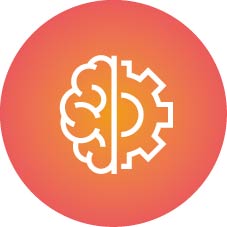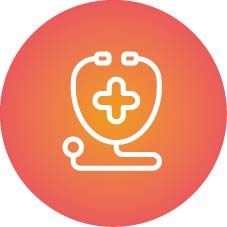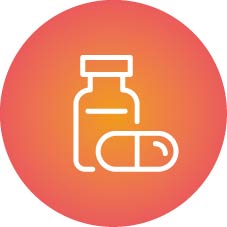

Category: In the news

Monday, July 19th, 2021
Instructions: “Take one tablet three times a day” So, is that dividing 24 hours by three and taking the medication every eight hours? Or can I coordinate it with my meals and take them all within 12 hours? Will it matter if I take it with my other morning tablet? A Potential for Medication Mishaps […]

Monday, May 31st, 2021
The leading hypothesis on the cause of Alzheimer’s is looking shaky, following a new paper that pooled data from several studies to find that strategies to reduce amyloid levels in the brain do not improve cognition.[1] The Amyloid Hypothesis For several decades, a microscopic protein fragment called beta-amyloid found in the brains of people with […]

Tuesday, April 20th, 2021
Enjoyment of the highest attainable standard of physical and mental health is a mandated human right.[1] However, the daily confinement of people living with dementia in care homes may challenge this mandate. A team of researchers from NSW Australia, including the well-known dementia advocate, Kate Swaffer, explored this concept further[2]. They ran interviews and focus […]

Wednesday, March 24th, 2021
Researchers from the University of Leeds investigated the association between meat consumption and risk of dementia using the Biobank cohort [1]. Almost 500,000 UK adults participated in the study, which found that consuming a 25g of processed meat (bacon, ham, sausages, etc.) a day was associated with a 44% increased risk of developing dementia. However, […]

Tuesday, December 22nd, 2020
In the everyday busyness of life it is easy to forget things, and when we do it is typically harmless. However, a study published last month found that forgetting to pay your bills, specifically credit card bills, could be an early warning sign for declining cognition[1]. Finance and Health Data Linkage The American-based researchers retrospectively […]

Friday, November 6th, 2020
Clinical trials are research studies that test ways to improve healthcare. These studies help find better ways to treat or prevent disease. Australian Clinical Trials Alliance (ACTA) has also produced information sheets outlining the clinical trials process in 10 community languages. Please visit this link to see the resources in multi-languages.

Monday, October 19th, 2020
Currently, Alzheimer’s diagnoses are made mostly with clinical assessments of the person’s cognitive, physical, mental, and functional health, often assisted by interviews with family members and caregivers. Sometimes the diagnoses may be uncertain due to confusions around distinguishing Alzheimer’s from other dementias and physical conditions that involve cognitive impairment. The more accurate diagnostic tests involving […]

Tuesday, October 6th, 2020
No two people experience dementia in the same way. The expression of dementia depends on the cause of the condition and the parts of the brain that are affected. Hence, it is important to take a personalised approach to dementia care that focuses on the unique needs of the individual. Rural dementia care below par […]

Tuesday, June 23rd, 2020
The world has changed since coronavirus became known in late 2019. The way we work, shop, travel and gather has had a huge overhaul. People experiencing dementia have not escaped this change. COVID-19 has implications for people with dementia, both directly in terms of increased vulnerability, and indirectly through effects on social supports and the […]

Monday, May 25th, 2020
How well we “bounce back”, or adapt to adversity, is taken as a sign of resilience, and a significant protective factor for our mental health when encountering life challenges. Currently, 91% of people with dementia living in our community rely on an informal or unpaid carer to support them[1]. Caring for someone with dementia can […]